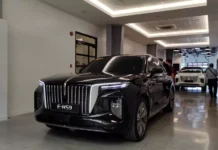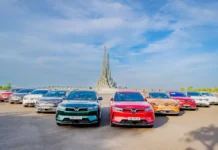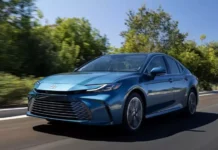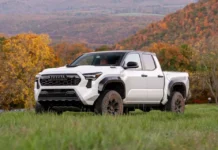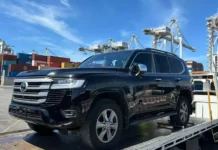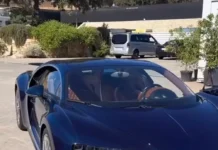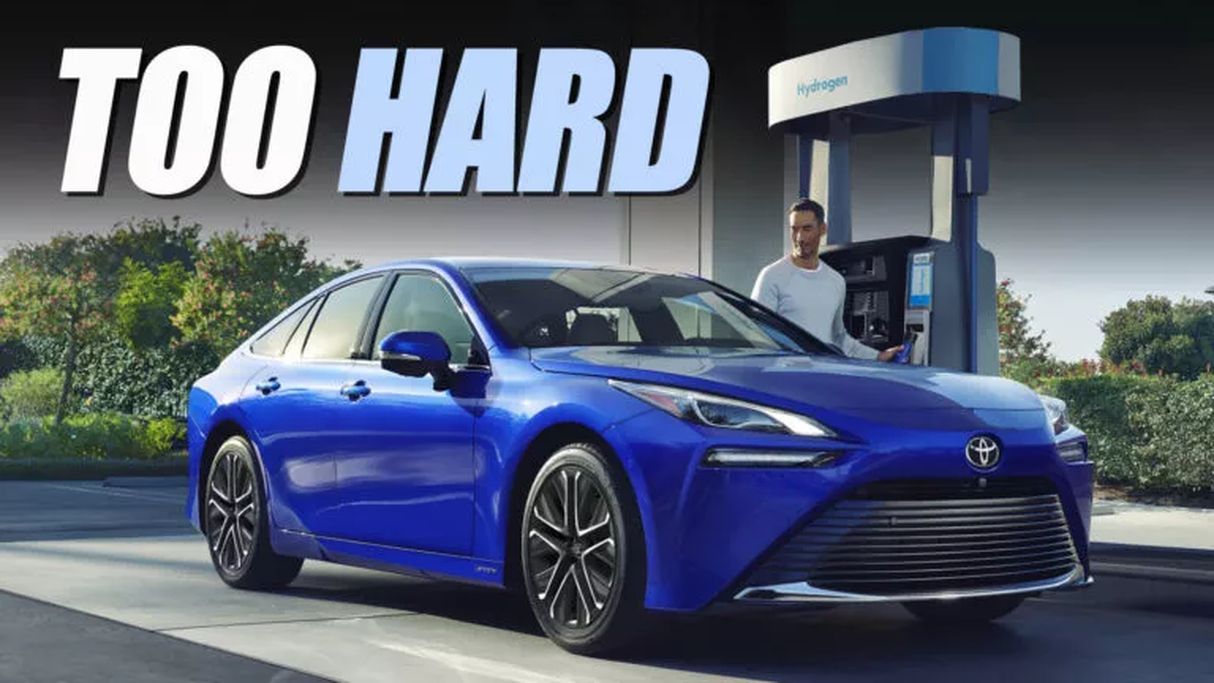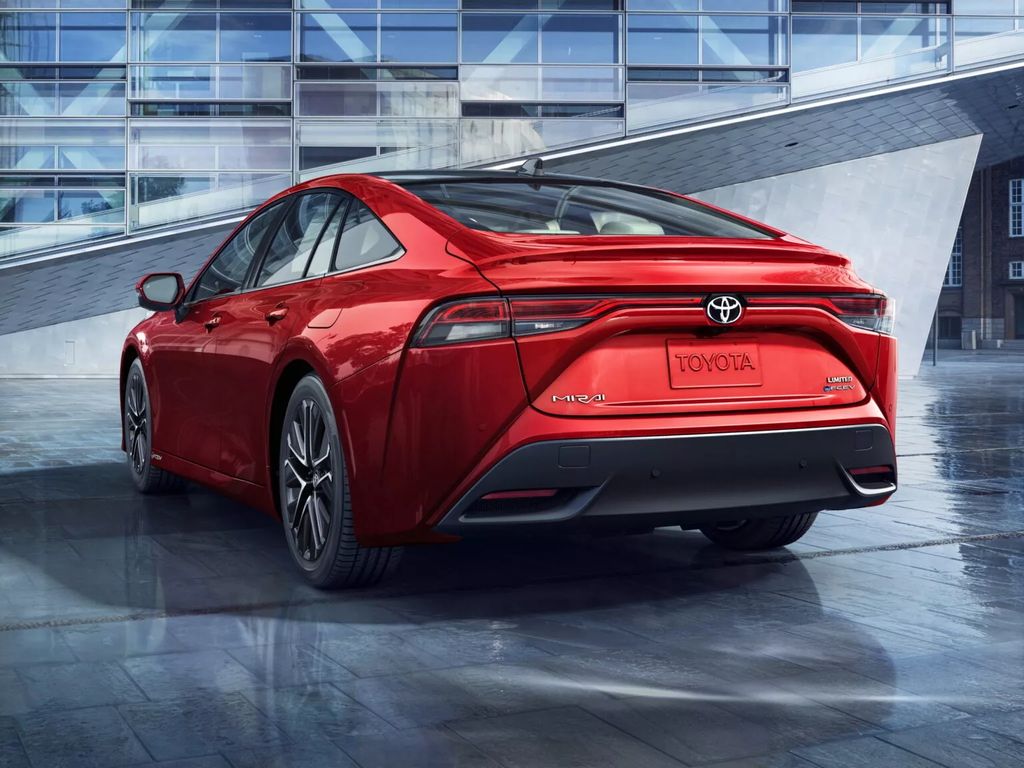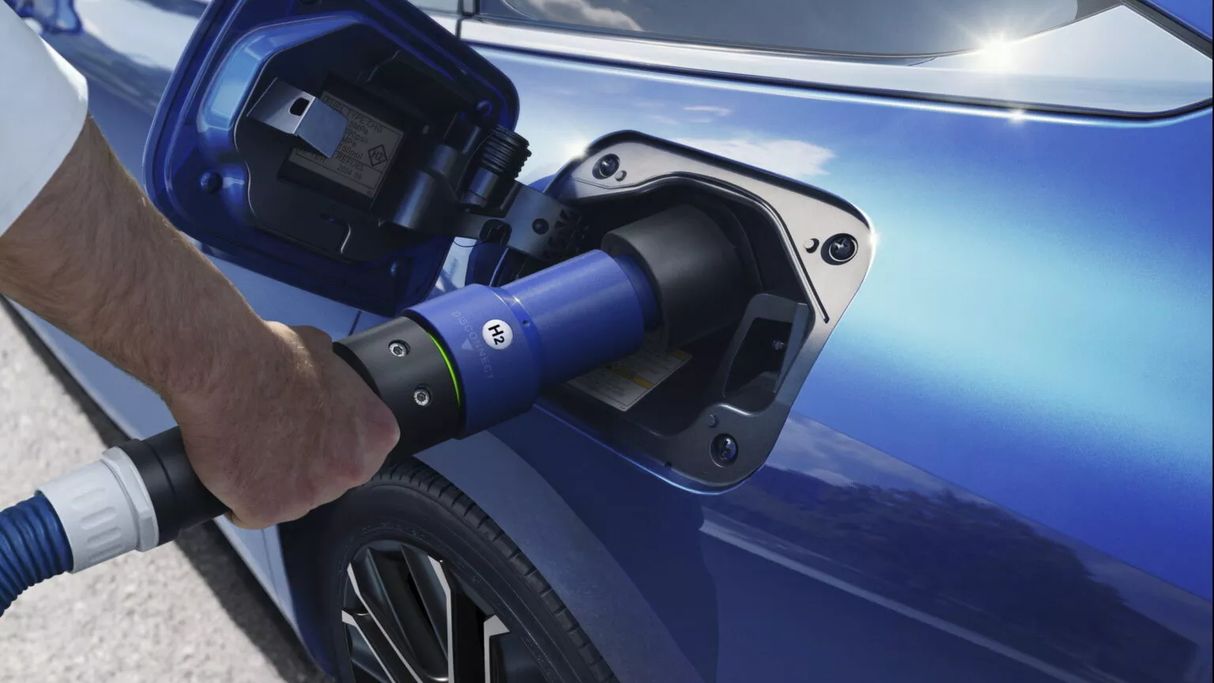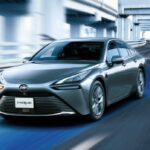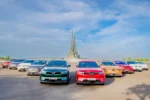Frustrated Toyota Mirai owners are taking the Japanese automaker to court over the unavailability of hydrogen fuel and non-functional fueling stations, with complaints peaking at allegations of false advertising.
According to Carscoops, a group of Toyota Mirai lessees and owners has filed a class-action lawsuit against the automaker. The suit alleges that Toyota falsely advertised the daily usability of the Mirai.
Specifically, the suit cites the scarcity of hydrogen fueling stations, the fuel’s scarcity and soaring prices, and the vehicle’s range falling short of advertised figures. According to the lawsuit, Toyota and its sales teams told customers that “hydrogen fuel is readily available and refueling the Mirai is easy … just like a gas car.”
However, in reality, Mirai owners and lessees report frequently encountering difficulties in locating compatible fueling stations, often having to drive long distances to reach them. Even when they arrive at a station, drivers can’t be sure they will be able to fuel their vehicles due to potentially broken dispensers or incompatible fuel cards.
Furthermore, users report that hydrogen nozzles can freeze and get stuck in the car, requiring them to wait over 30 minutes for the nozzle to warm up before it can be safely removed. Numerous owners have also been stranded due to running out of fuel, necessitating towing and alternative transportation.
Adding to the woes, Toyota advertised a range of 575 km for the Mirai Limited and 647 km for the XLE trim, but real-world experiences fall short of these figures. User reports indicate that the actual range is approximately 160 km less than what the company claimed.
The suit also highlights a 200% increase in hydrogen fuel prices over the past few years—from $13/kg in 2022 to approximately $36/kg this year. This means that the $15,000 fuel card provided with the purchase of a Mirai will not last for the advertised five years.
Owners of FCEVs in Japan claim that all these issues have significantly impacted the resale value of the Toyota Mirai, reportedly retaining only 19.4% of its value after five years. As a result, a string of owners has demanded compensation from Toyota, accusing the company of unlawful behavior.
The first-generation Toyota Mirai was introduced in 2015, followed by the second generation in 2020. Both generations were sold and leased exclusively in California, mainly due to the scarcity of hydrogen fueling stations in other parts of the United States. Earlier this year, Shell announced the closure of seven out of 55 hydrogen stations in California due to supply issues, further exacerbating the challenges faced by owners of these vehicles.
TT (Tuoitrethudo)
Reference: Carscoops

